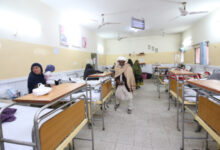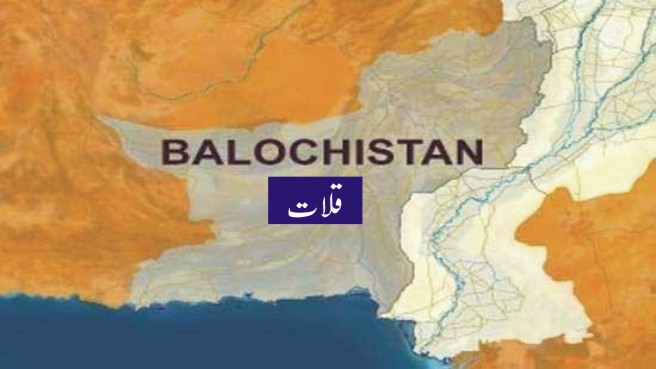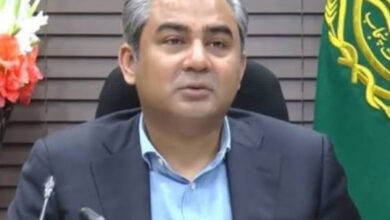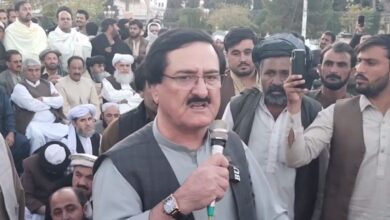Political Struggles of Women Leaders in Pakistan: A Reflection on PTI’s Leadership Dynamics

Rawalpindi:The political journey of the Pakistan Peoples Party (PPP) has been marked by significant contributions from prominent women leaders like Begum Nusrat Bhutto, Benazir Bhutto, and even Begum Kulsoom Nawaz during difficult times. However, the Pakistan Tehreek-e-Insaf (PTI), despite attempts to emulate the political roles of these women, has yet to derive any substantial political advantage from the strategies adopted by the wives and sisters of the PTI’s founder, Imran Khan. The outcome has been the emergence of division within the women leaders’ ranks.
The organizational leadership within the party has become largely ineffective and faded into the background. While the former First Lady adopted a bold, aggressive stance in Blue Area, rallying the party workers and criticizing opposing factions, she has since either disappeared from the scene or expressed grievances, questioning why she was left alone. This disappearance and her complaints have led to internal tensions, with Imran Khan, the founder of PTI, facing more scrutiny and accusations.
Looking at the three sisters of the PTI founder—Halima Khan, Azma Khan, and Noreen Khan—it is evident that they have regularly used the media to voice their messages and represent the founder. However, despite these efforts, PTI women leaders have failed to create a significant anti-government narrative. As a result, the organizational leadership of PTI has become irrelevant, and its influence has diminished.
Comparing the past, we see how the political narrative changed dramatically for the PPP after the arrest, imprisonment, and subsequent martyrdom of Zulfikar Ali Bhutto. His wife, Begum Nusrat Bhutto, and daughter, Benazir Bhutto, transformed the party into a political force, keeping it strong despite major leaders leaving the party. Benazir Bhutto eventually became Prime Minister twice, which marked the peak of political success. Similarly, when Nawaz Sharif faced challenging times, Begum Kulsoom Nawaz, though not an established political leader, stood firm, maintaining her support for the party and ensuring that the Pakistan Muslim League (N) benefited politically.
In contrast, PTI’s female leaders, particularly in the current landscape, have struggled to achieve similar political outcomes. Despite efforts to give prominent roles to women in leadership, no significant political advantage has materialized for the party. The tragic deaths of several party workers on November 26 have left the party divided, and the chaos created on social media by PTI’s supporters has caused more harm than good, overshadowing the party’s political gains.
It is clear that while women have played crucial roles in Pakistan’s political history, PTI’s attempt to follow in their footsteps has yet to yield the expected results. Internal divisions, lack of strong leadership, and uncoordinated responses to crises have hampered the party’s ability to harness its full potential.






